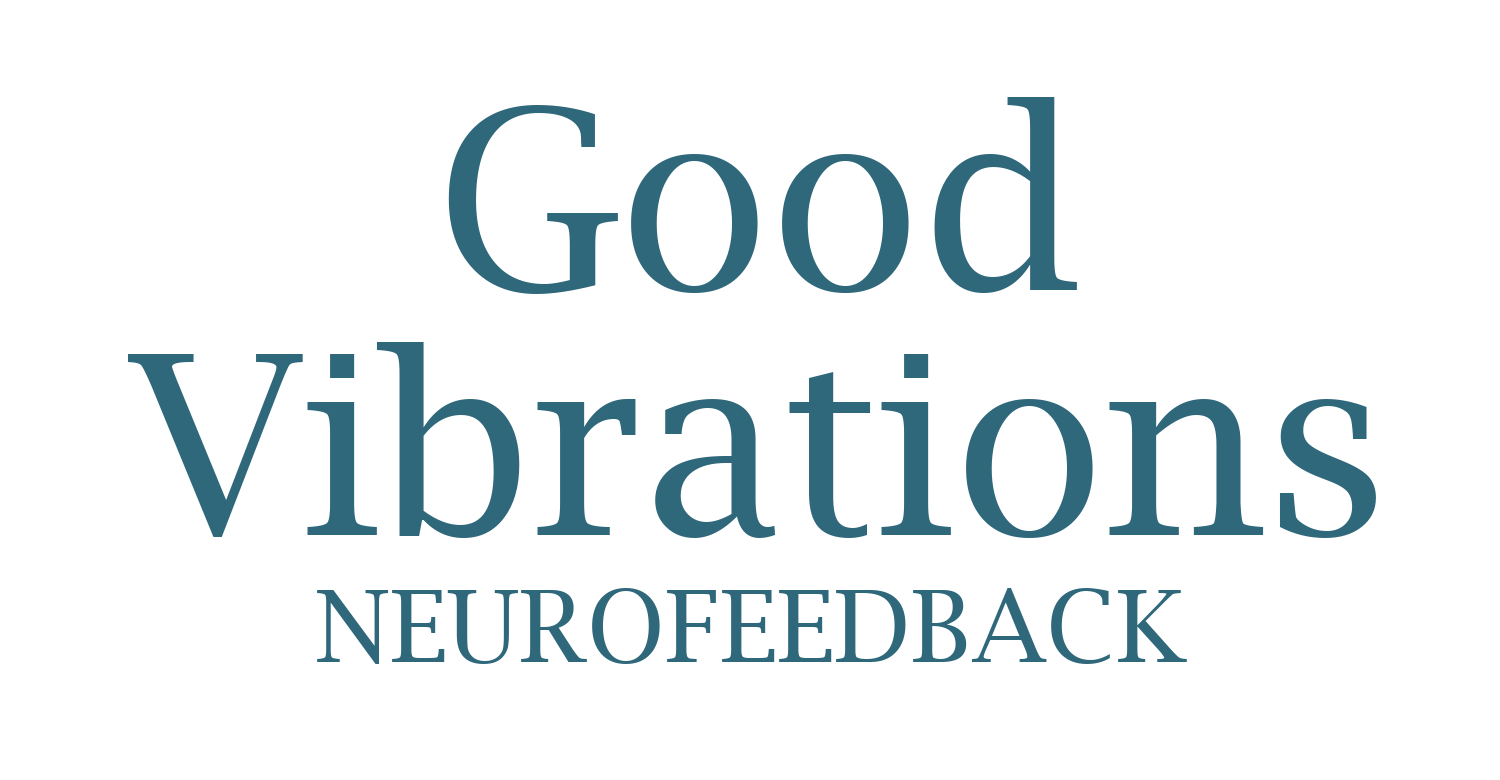Addiction
Research On NeurOptimal® For Addiction
Addiction is a complex condition of the brain manifested by compulsive cravings for substances. The person with an addiction engage in behaviors that become compulsive and will continue despite the harmful consequences. Prevention efforts and treatment approaches for addiction are generally as successful as those for other chronic diseases.
Addiction doesn’t just affect the person with the condition; if someone with an addiction becomes pregnant, the substances can affect the baby by altering the development of the brain. For instance, prenatal alcohol exposure is the leading preventable cause of birth defects and neurodevelopmental disorders, and can lead to fetal alcohol spectrum disorder (FASD) in babies. FASD is characterized by physical issues and problems with behaviour and learning.


Neurofeedback and FASD
A Canadian pilot study titled “A Family Matter: NeurOptimal® for Fetal Alcohol Syndrome” was conducted by Dr. Janet McCulloch, MD, FRCPC (Psychiatry) and Dr. Linda Beckett, MD, both affiliated with the Kingston Institute of Psychotherapy and Neurofeedback. The study explored the use of NeurOptimal® neurofeedback with children diagnosed with Fetal Alcohol Spectrum Disorder (FASD), as well as their family members.
Throughout the study, both children and parents shared personal observations, noting shifts in mood, sleep patterns, emotional regulation, and overall energy. While further research is needed, the authors highlighted the potential value of including the whole family in neurofeedback training.
